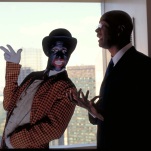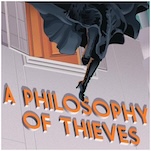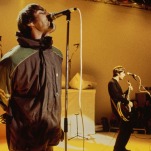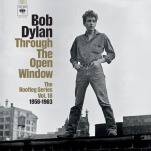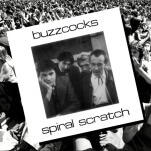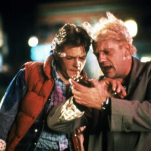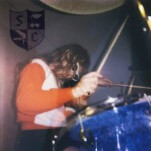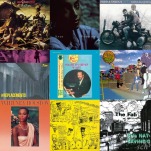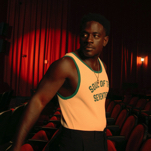The Sports Networks Have Turned to Classic Replays, and It Works … Until It Doesn’t
Photo Courtesy of Getty Images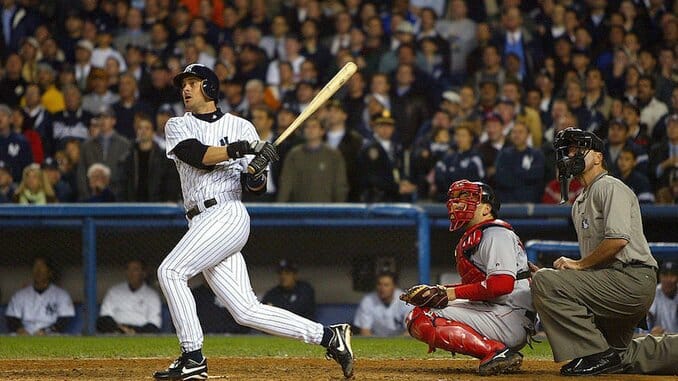
If you’re a cable subscriber and you’re in the mood to watch sports tonight, you’ve got some options. On ESPN, Michigan and Ohio State face off in college football, and if those aren’t your schools, Florida State and Nebraska play on NBC Sports Network. That’s not the only football, either—the NFC Championship between the Green Bay Packers and the Seattle Seahawks is on FS1. A lot of us have fallen out of love with America’s most popular sport, though, so if you’d rather check out our nation’s “pastime,” the SEC Network has the College World Series, while the MLB Network offers the Dodgers-Giants west coast rivalry. There’s tennis, too, on my regional Fox Network, and the Tennis Channel itself has the Australian Open final, Roger vs. Rafa. The NBA Network has a Pistons-Trailblazers Finals game on in the afternoon, and my other Fox regional network has college hoops. If you’re into soccer, both ESPNU and the ACC Network have you covered with college matches, and if you’re more into combat, you can catch WWE on FS2 or UFC on ESPN News or boxing on CBS Sports Network. There will be gymnastics on both the Big Ten Network (college) and the Olympic Channel (Olympics, obviously), and finally, if you’re partial to golf like me, you can watch men’s and women’s professional golf back-to-back on the Golf Channel.
It’s a cornucopia of televised sports, but of course, there’s a catch: We’re in the midst of a global pandemic, there are essentially no live sports being played, and everything listed in the paragraph above is a replay—often from years ago.
-

-

-

-

-

-

-

-

-

-

-

-

-

-

-

-

-

-

-

-

-

-

-

-

-

-

-

-

-

-

-

-

-

-

-

-

-

-

-

-



